Alternative Education
Synopsis
Alternative schools in the 1960s and early 1970s emerged as idealistic havens. Although many of the students attending these schools may have been potential dropouts, the tendency was to fault "the system" for not meeting the needs of the students, rather than to blame the students for failing to conform to the system. Early alternative schools were designed to engage students who were "Turned out." They did so by encouraging creativity and focusing on individuality and personal freedom. The students, and in many cases the staffs, of these schools believed it was acceptable, possibly even honuorable, to choose not to be a part of the Establishment. These early "alternatives" often allied themselves with the concept of progressive education, subscribing to the belief that education should focus on the whole child and should be heavily experiential in nature. The staffs of these schools encouraged students to "look within," to express themselves openly, and to participate in determining the focus and nature of the education they were to receive. Building on these concepts, early alternative schools often incorporated the phrase "Free School' or "Open School" into their names. The current situation for alternative education in the India is somewhat different. Today's students face a myriad of personal and social problems that were not as prevalent in the 1960s and 1970s. many of the students at Indian Alternative School faced a variety of problems before they decided to leave their regular schools. Some of the issues confronting them include, but are not limited to, the following: some have parents who are divorced or were never wed; some lack support for education in the home; some suffer from financial instability and high mobility; some suffer from financial instability and high mobility; some lack ties to the community, lack friends at school, and are not engaged in extracurricular or co-curricular activities; they have a history of academic failure; they have poor anger management; many are teen parents; many are victims of physical, emotional, or sexual abuse; some are depressed, others have attempted suicide; many have been victims of rape or other types of violence in their communities; many suffer from alcohol or drug addiction; some are former or present gang members; some suffer from poor health and have had little or no access to health care; many have experienced the loss of loved ones through premature death; many have alcoholic or drug-addicted parents. Unfortunately, members of the general public-and many educators, as well-often define the students in alternative schools by the difficulties they face rather than by their ability to over come these difficulties. There is a tendency to see potential dropouts not as "turned off" but rather as disruptive, deviant, and dysfunctional students who are a detriment to the traditional school. Today, alternative school are not longer seen as creative outlets for students whose needs are not being met by traditional schools. Instead, they are perceived as places where disruptive students are sent in order to protect and benefit the students who remain in traditional schools. This negative perception of alternative schools is one of the largest obstacles to the success of alternative education today. When alternative schools are viewed as "dumping grounds" and when the students in them are perceived as "problems" to be dealt with, alternative education itself is affected in a negative manner. The current negative image of the types of students entering alternative schools may limit the number and the diversity of students opting into alternative programs.
Read more
20.70
18.63
$
23.00 $
Free delivery Wolrdwidе in 10-18 days
Ships in 1-2 days from New Delhi
Membership for 1 Year $35.00
Get it now and save 10%
Get it now and save 10%
BECOME A MEMBER

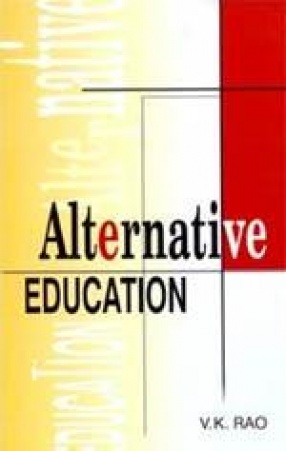
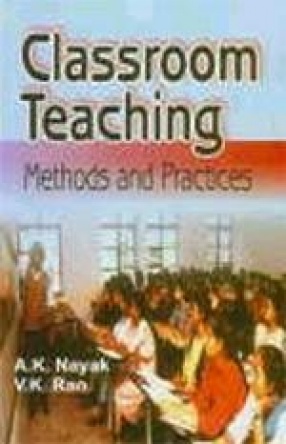
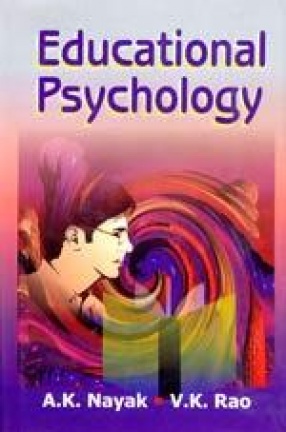
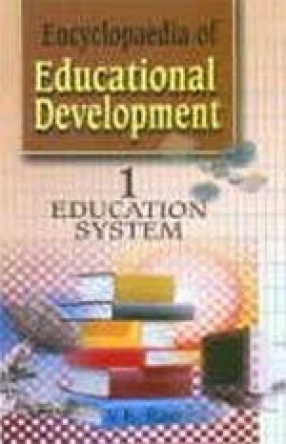
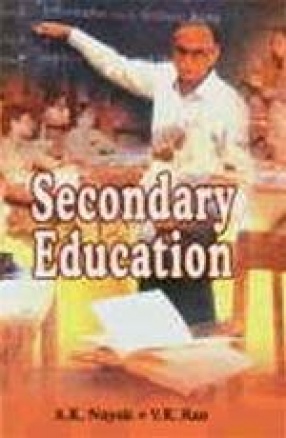
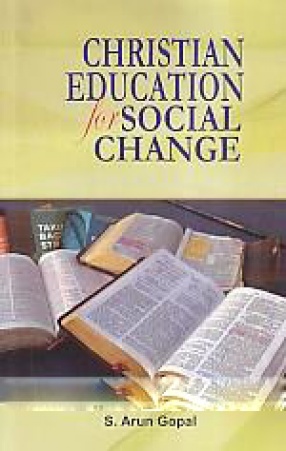
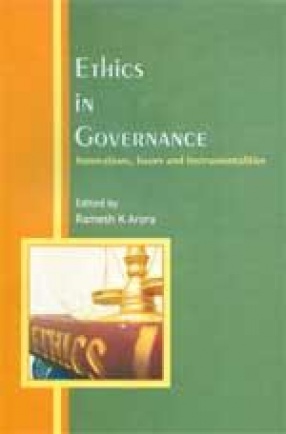
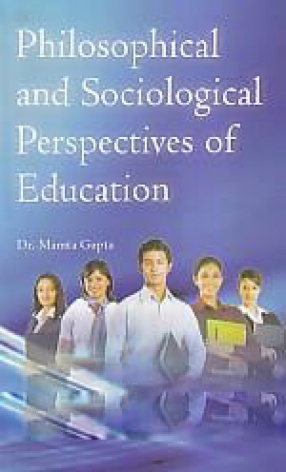
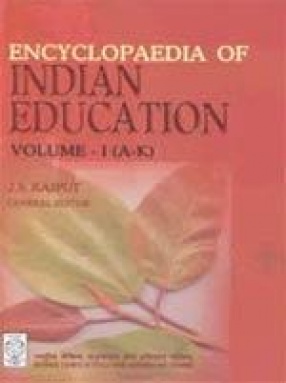

Bibliographic information